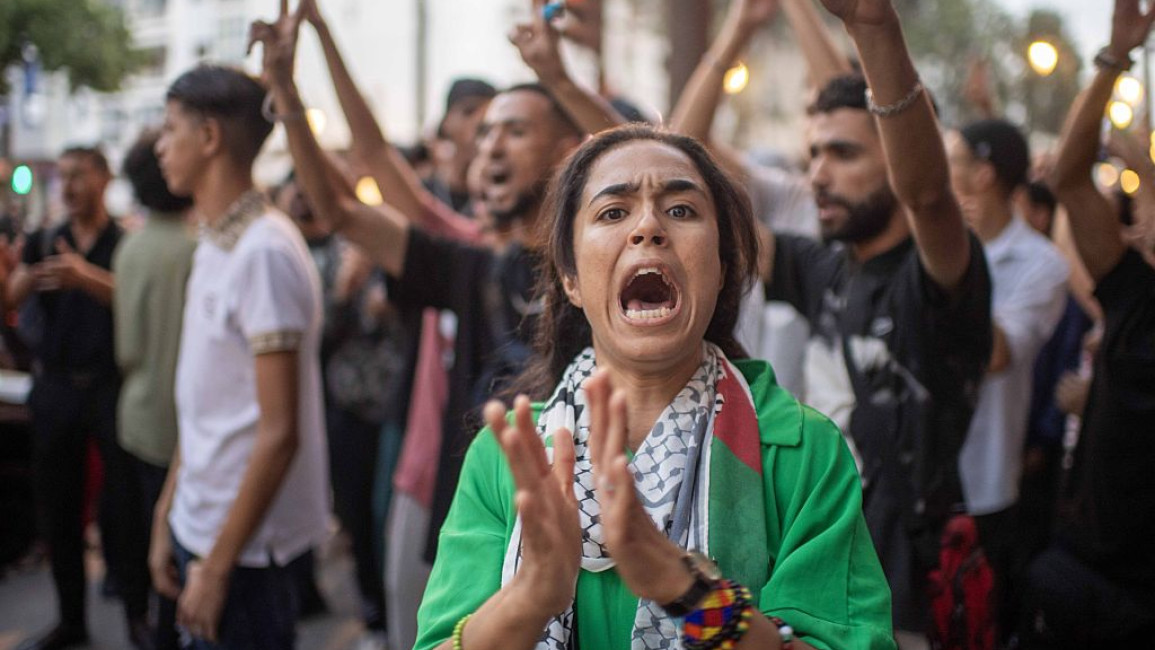
Morocco is preparing for another weekend of large-scale youth-led protests as the GenZ 212 movement calls for mass mobilization across the country. Emerging from social media platforms like Discord, TikTok, and Instagram, the movement has become the voice of a generation demanding sweeping reforms in education, healthcare, and governance.
The movement’s calls have intensified since late September, as thousands of young Moroccans have gathered in major cities including Casablanca, Rabat, Marrakech, Agadir, and Tangier. While many demonstrations have remained peaceful, clashes with security forces—particularly near Agadir—have already claimed several lives and resulted in hundreds of arrests.
GenZ 212’s demands go beyond policy reform. The collective is calling for the dissolution of the government, accusing authorities of responding too slowly and inadequately to social grievances. Protest slogans and banners highlight frustration over corruption, underfunded public services, and a sense of generational neglect.
Preparations for this weekend indicate a potential surge in participation.
Social media posts suggest rallies will take place in public squares and outside administrative buildings. Authorities expect a mix of peaceful marches and confrontations, with road blockades or symbolic actions in working-class neighborhoods a possibility. Police reinforcements are being deployed to sensitive locations to manage potential unrest.
“The youth are mobilized, determined, and connected like never before. They want change and tangible solutions, not just promises,” said a local analyst monitoring the protests.
The government, through the office of the Prime Minister, has pledged renewed dialogue and attention to social demands. However, many participants view these commitments as insufficient. The upcoming demonstrations are being seen as a litmus test: for GenZ 212 to maintain unity and pressure without descending into chaos, and for the state to engage constructively without escalating violence.
Observers note that Morocco’s connected youth are increasingly shaping the political landscape, using digital networks to coordinate, inform, and sustain movements. This weekend may signal a turning point in the dynamic between authorities and a generation unwilling to accept slow or partial reforms.
The outcome of these protests could have lasting implications for governance, social policy, and the role of youth activism in Morocco’s evolving political discourse.



